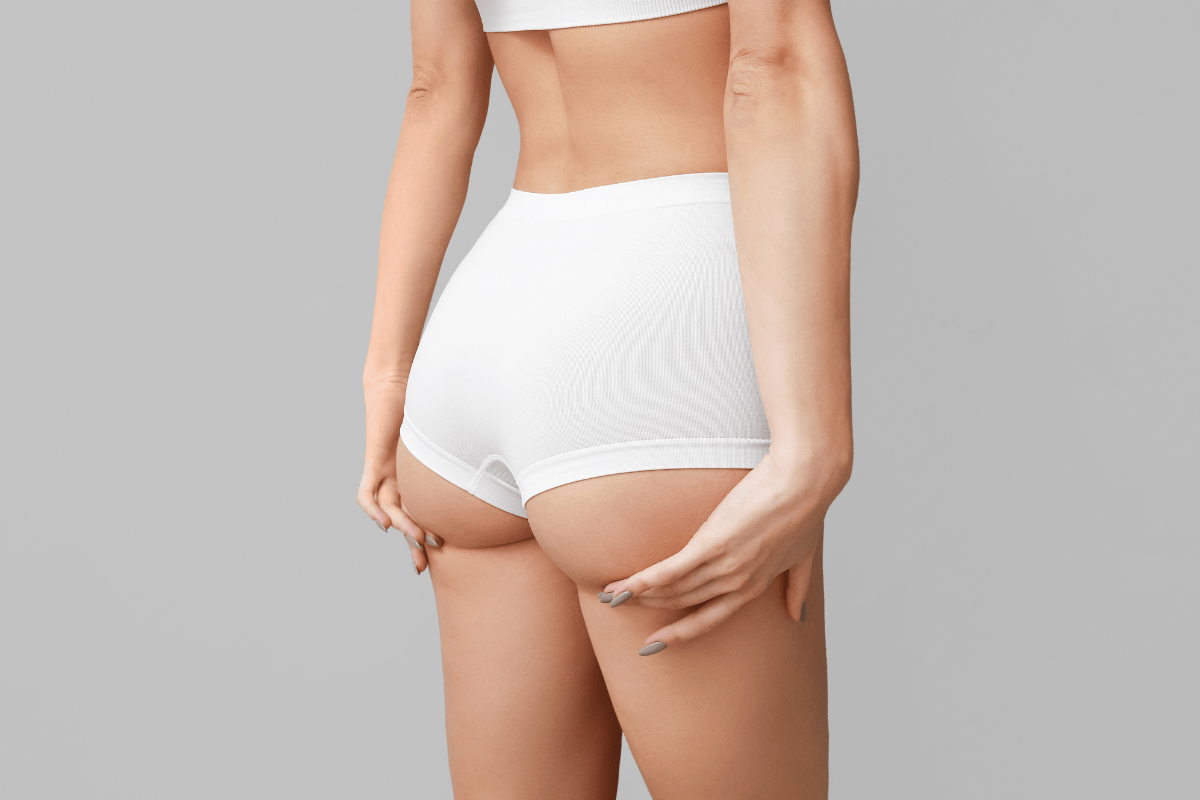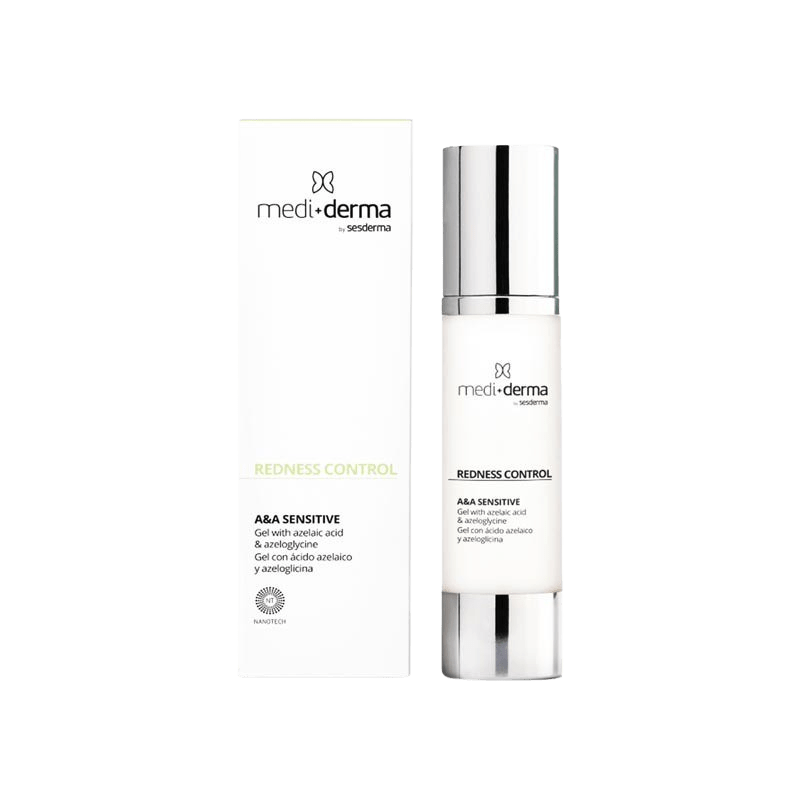
Join now for exclusive pricing & express shipping
In recent years, the rise of veganism has influenced various industries, including healthcare, prompting medical professionals to consider ethical and sustainable options in their practice. This shift is notably evident in the realm of medical aesthetics, where doctors are increasingly exploring vegan-friendly alternatives for popular treatments like Botox, Dysport, and Juvederm. Here, we delve into the emergence of these alternatives, examining their efficacy, safety, and ethical considerations.
Traditionally, medical products have relied heavily on ingredients derived from animals and have been subjected to animal testing. However, with growing societal consciousness regarding animal welfare and environmental sustainability, medical professionals are now witnessing a surge in demand for cruelty-free alternatives. This shift has prompted manufacturers and practitioners in the medical aesthetics field to explore and integrate vegan principles into their offerings, reflecting a broader acknowledgment of ethical and environmental concerns associated with conventional practices.
Within the realm of medical aesthetics, the demand for vegan-friendly options is on the rise. Let’s explore the landscape of vegan injectables, focusing on widely used treatments like Botox, Dysport, and Juvederm, and the development of ethically sourced formulations tailored for medical practices.
Is Botox vegan-friendly? Botox, a widely recognized cosmetic injectable, contains botulinum toxin derived from bacteria, making its main ingredient technically vegan. However, the inclusion of human albumin, sourced from human blood, renders Botox non-vegan.
Juvederm, a widely used dermal filler, incorporates hyaluronic acid derived from bacterial fermentation, which inherently qualifies its ingredients as vegan-friendly. However, it’s important to note that despite its vegan formulation, Juvederm has undergone animal testing to meet regulatory requirements. Therefore, while the ingredients themselves are vegan, the product as a whole may not be considered entirely vegan due to the testing process.
Similar to Botox, Dysport is a cosmetic injectable that employs botulinum toxin for wrinkle reduction. However, is Dysport vegan? Like its counterparts, Dysport may contain human albumin, rendering it non-vegan. Furthermore, Dysport, like other injectables, has undergone animal testing as part of regulatory compliance.
As medical professionals navigate the landscape of aesthetic treatments, the choice to opt for vegan injectables extends beyond mere preference. Beyond aligning with ethical, safety, and environmental principles, incorporating vegan options into medical practices carries significant advantages that resonate with both practitioners and patients alike. Let’s delve deeper into the compelling reasons why choosing vegan injectables can elevate medical aesthetics to new heights of conscientious care.
Choosing vegan injectables signifies a dedication to ethical values, bypassing the need for animal testing and reducing reliance on animal-derived ingredients. This commitment not only emphasizes a compassionate approach to medical aesthetics but also addresses a prevalent concern among practitioners. Embracing vegan alternatives enables medical practices to harmonize their principles with consumer expectations while also fortifying their financial standing. Investing in cruelty-free options not only elevates brand reputation and fosters patient trust but also has the potential to broaden market reach, fostering enhanced profitability and enduring growth within the dynamic healthcare sector.
Vegan botox alternatives undergo rigorous testing to ensure safety and efficacy, providing medical professionals with reliable results comparable to traditional injectables. By offering consistent performance, these products enhance trust and satisfaction among patients, reinforcing the reputation of medical practices as providers of high-quality care. Moreover, adherence to stringent quality control measures and regulatory standards minimizes the risk of adverse events, reducing potential liabilities and safeguarding the financial health of the business.
Opting for vegan options not only reduces the environmental footprint but also presents opportunities for businesses to demonstrate their commitment to sustainability. By aligning with eco-conscious practices, medical practices can enhance their brand image and attract environmentally aware patients who prioritize ethical and sustainable healthcare solutions. Additionally, adopting sustainable initiatives may lead to cost savings in the long term, as efficient resource management and reduced energy consumption contribute to improved operational efficiency and profitability.
As demand for cruelty-free and sustainable products continues to rise, the medical aesthetics industry anticipates further innovation in vegan-friendly treatments. Manufacturers are investing in research and development to expand their product offerings, catering to an increasingly conscientious market.
The integration of vegan principles into medical aesthetic treatments reflects a broader societal shift toward ethical consumption. With advancements in technology and formulation, medical professionals can offer patients vegan injectables that deliver exceptional results without compromising their values.
Xeomin isn’t strictly vegan due to the presence of human albumin. However, the source of albumin from voluntary blood donors may align with personal or religious beliefs.
Yes, Botox is tested on animals, often involving mice, rabbits, and sometimes primates, to meet regulatory requirements for safety and efficacy assessment.
Botox contains human albumin derived from human blood, obtained from voluntary donors, and may include gelatin, another animal-derived ingredient.
The halal status of Botox depends on the source of its ingredients. While botulinum toxin is not derived from animals, formulations may contain human albumin, requiring individuals to verify its halal status based on personal beliefs or religious guidelines.
Yes, vegan-friendly alternatives to Botox are available, utilizing synthetic or plant-based ingredients instead of animal-derived components, catering to medical professionals adhering to ethical and sustainable practices.
